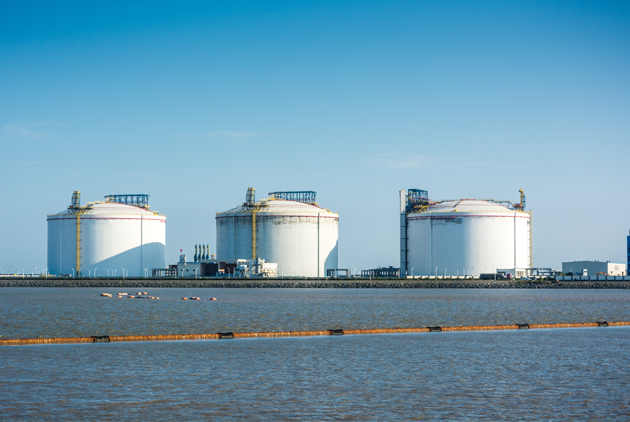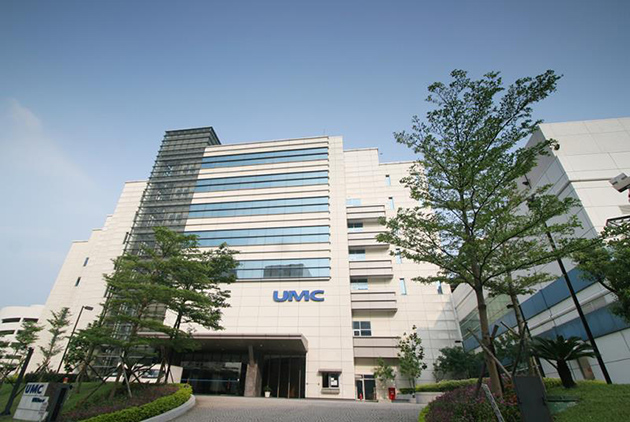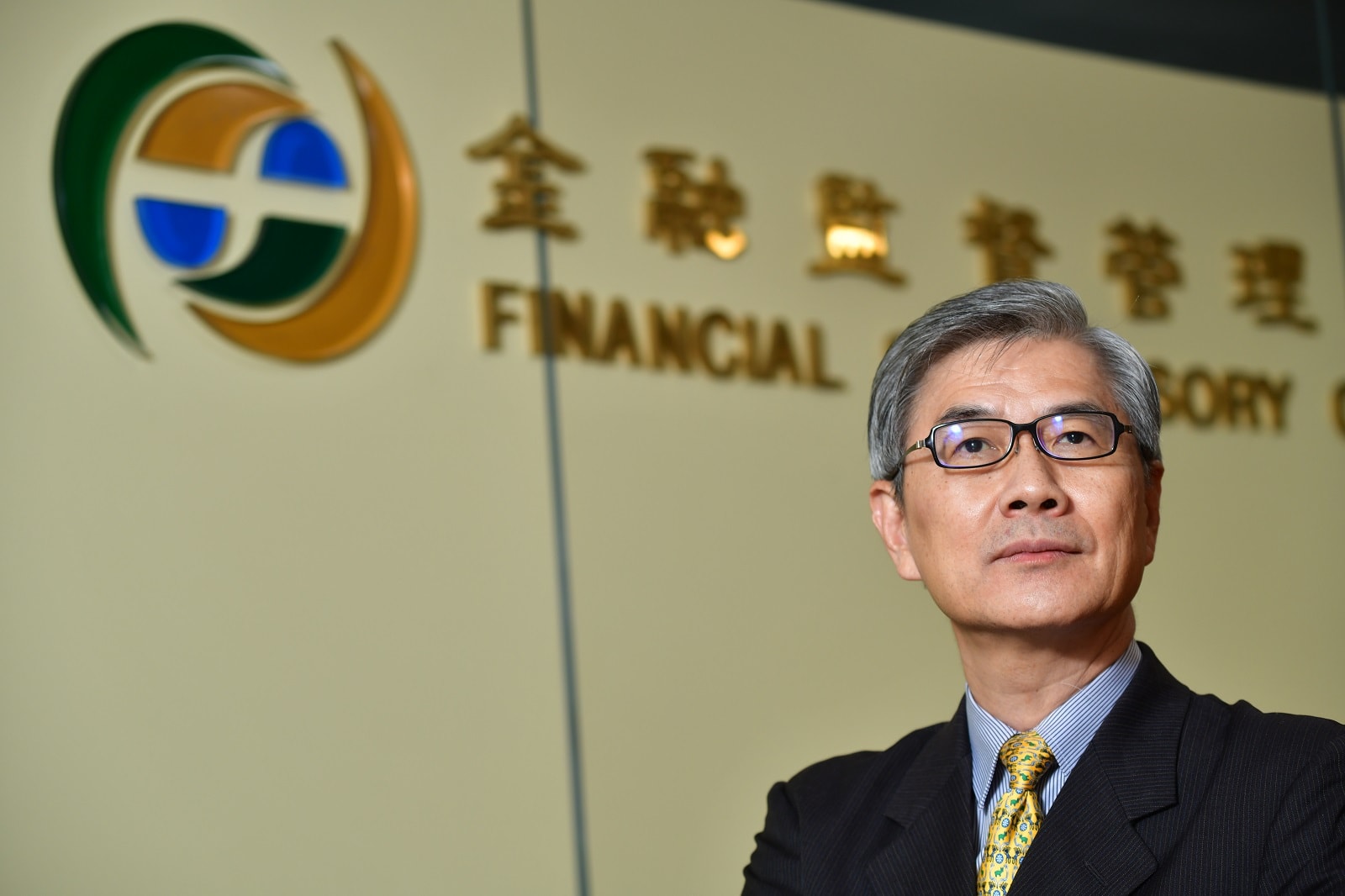The Rundown: CPC, Qatar Petroleum Sign LNG Deal

Source:Shutterstock
A weekly snapshot of Taiwan business news stories brought to you by CommonWealth and AmCham Taiwan’s TOPICS.
Views
The Rundown: CPC, Qatar Petroleum Sign LNG Deal
By CommonWealth/AmCham Taiwan’s TOPICSweb only
CPC, Qatar Petroleum Sign LNG Deal
On July 7, Taiwan’s state-owned petroleum company CPC and Qatar Petroleum signed a Sales and Purchase Agreement for Liquefied Natural Gas (LNG). Under the agreement, the CPC will purchase 1.25 million tons of LNG annually from the small Middle Eastern nation’s state-owned oil and gas firm over a fifteen-year period, starting from 2022.
According to CPC, the international LNG market is currently dominated by Qatar, Australia, and the U.S. Taiwan relies on LNG imports from these three countries to meet its energy demand.
Qatar maintains an annual production capacity of 77 million tons, making it the world’s largest LNG supplier. Since Taiwan began importing LNG from Qatar in 2008, it has become an important and consistent LNG supplier to the island.
Taiwan seeks to transform its energy mix to 50% gas, 30% coal, and 20% renewable energy by 2025. However, in its 2021 Taiwan White Paper, AmCham Taiwan’s Energy Committee cautioned that this goal is not easily achieved. First, construction of the infrastructure required to receive LNG is significantly behind due to delays in the approval of environmental permits. Secondly, although many large-scale renewable wind and solar power projects have been launched, the expansion of onshore solar capacity has been slow and is yet to even reach the target set for 2020.
UMC Says Chip Shortage to Last until 2023

At a July 7 shareholders meeting, United Microelectronics Corp. (UMC) President SC Chien said that semiconductor production capacity will continue to fall short of demand until 2023.
Chien noted that UMC will work with a number of major global customers to expand its foundry at the Southern Taiwan Science Park with an investment of about NT$100 billion. The new plant is planned to begin operations in Q2 of 2023.
Based on current trends, the high demand for chips supporting 5G, laptop computers, and automobiles is expected to continue past 2022. On the supply side, Chien said that UMC will complete its investment, finish construction of the new plant, and increase its production capacity by 2023. He added that UMC will benefit from demand trends, as well as its technological leadership and the continuous optimization of its product portfolio.
The year 2020 saw substantial growth for UMC. Revenue grew by 26 percentage points, profits increased significantly to NT$22 billion, the annual profit of its parent company reached NT$29.19 billion, and earnings per share rose to NT$2.42. These numbers reflect the high production capacity maintained by UMC at its 8-inch and 12-inch wafer fabs, as well as its improved product portfolio. In particular, its high-end 28nm business has seen significant growth.
UMC, which spun off from the semi-governmental Industrial Technology Research Institute in 1980, is considered Taiwan’s seminal semiconductor company. According to data from the Taiwan Depository & Clearing Corporation, UMC ranks first among investors’ preferred semiconductor stocks and is one of the top three stocks in the entire market. The number of those holding stock in UMC constitutes up to 6.6% of all stock market investors, third only to the 10.9% invested in Sinosteel and 8.2% in Hon Hai.
SCB Announces New Rules for ESG Funds

To prevent the deceptive mislabeling of environmental, social, and governance (ESG)-themed funds as “green” or “sustainable,” the Financial Supervisory Commission’s Securities and Futures Bureau (SCB) announced on July 6 its latest ESG disclosure review specifications.
Kuo Chia-chun, deputy director of the SCB, said that the Taiwan Depository & Clearing Corporation will set up a special section for ESG funds at the end of August, and qualified funds will be placed there immediately. If any company does not fully disclose its fund’s public prospectus, the SCB will require that complete information be provided by January 2022.
ESG funds – investment vehicles that emphasize taking care of the planet, green energy, and corporate social responsibility – have been selling well in recent years and are favored by young investors.
According to statistics from the SCB, 21 ESG-themed funds totaling NT$110.2 billion, operated by 14 asset management firms, have been launched in Taiwan. Five additional ESG funds have been approved but have yet to be launched. Companies can raise a maximum of NT$100 billion and are continuing to raise funds. The firms operating the above-mentioned funds must comply with the new specifications.
After asset management companies raise and issue ESG funds, they are required to publish for investors’ reference regular assessment information on their websites within two months following the end of each fiscal year.
Translated by Julia Zhou
Edited by Jeremy Olivier
Uploaded by Penny Chiang






